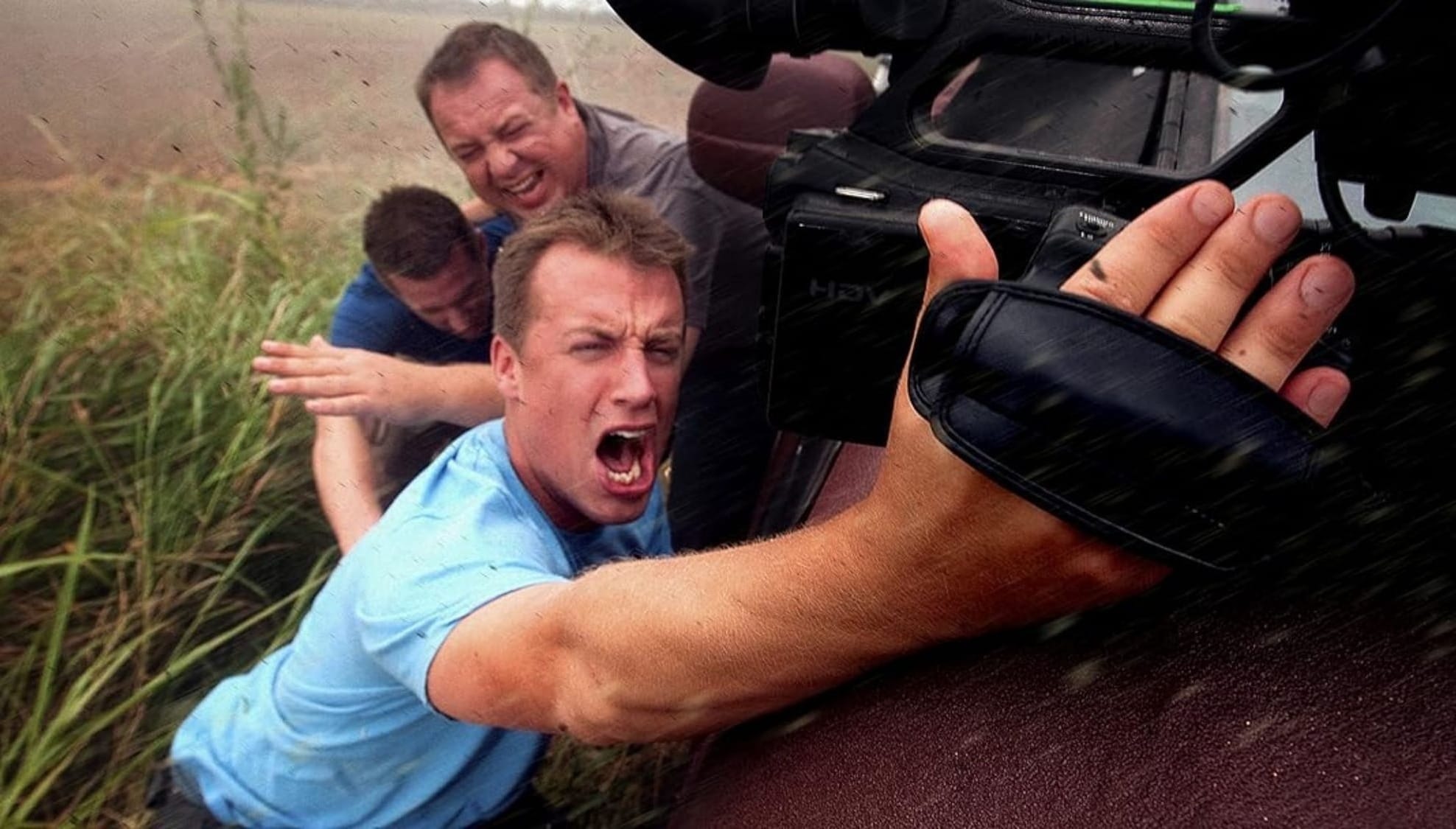Flexible Pre-Production Scheduling in Seconds

Your big-name actor is only available for a week, your DP has the flu, and your main location was double-booked.
Nightmare? No, just another day in film.
Creating a fine-tuned production schedule, while a cornerstone of pre-production, can sometimes prove to be the biggest headache. Cast availability, location access, and last-minute curveballs threaten to increase production time and cost when schedules aren’t fully optimized.
That’s why our latest update to our AI-driven pre-production management software lets you continuously adapt your schedule, giving you unmatched flexibility.

What is Dynamic Real-time Scheduling?
RivetAI's scheduling tool uses advanced AI to create an efficient production schedule for filmmakers, saving them time and money. Based on a user’s original script, RivetAI generates a full shooting schedule factoring in essential elements such as cast, locations, and even travel time to optimize your budget. Schedules can also be effortlessly exported to Movie Magic Scheduling and Gorilla Scheduling software, seamlessly integrating into existing workflows.
As all industry pros know, many factors can affect the order of filming before and after the cameras start rolling. RivetAI’s dynamic scheduling feature empowers users to refine and regenerate their schedules as often as needed, both before and during filming.
Quickly Overcome Complex Scheduling Issues
In a perfect world, locations, cast, and crew have 100% availability. This, however, is rarely the case. A major time and energy suck is trying to work around availability when filming.
Scheduling conflicts can impact all aspects of a project beyond just the logistical. A recent indie success had such complicated actor availability it helped shape their visual aesthetic. Shiva Baby's celebrity-level cast's limited availability created the intricate problem of shooting an entire film in one house while only having the full cast for two days.

The freshmen director-writer Emma Seligman and cinematographer Maria Rusche felt incredibly lucky to have such a star-studded cast but said, “It was a huge challenge for us to shot list and schedule the movie based on when we had certain cast [members] because we really lucked out with an incredible cast.”
While this problem helped the Shiva Baby team discover their anxiety-inducing extreme closeups that plunge the audience into the protagonist's perspective, the grueling schedule development put additional strain on the indie-budget-funded team that could have been alleviated with an adaptive scheduling tool.
When scheduling issues pop up, it's ideal for them to happen during pre-production and be taken care of before filming. However, we all know most film shoots don’t go quite according to plan.
Adapt on the Fly, Quicker and Easier
Even before the days of a positive COVID test halting filming, filmmaking had always been a field rife with unpredictability. After all, a producer’s job is described as putting out fires (figuratively and literally) for a reason.
The true test of a production’s resilience is the creative team’s ability to find quick and cost-effective ways to keep production running when something major goes wrong, like equipment damage, recasting an actor, or inexperienced creative heads unable to finish the day’s scenes jeopardizing schedule timelines.

Major films aren’t immune to production curveballs either. Weather delays affected Martin Scorsese's Silence, forcing cinematographer Rodrigo Prieto to wait for passing weather or change shoots to dusk and dawn for consistent lighting. One scene in particular had to be split into two days and filmed during the “30 minutes of sunlight” available.
Time and money aren’t the only considerations when optimizing shoot schedules. For Silence, Adam Driver was incredibly underweight, to the point of hallucinating from starvation. Schedule extensions can intensify physical demands on cast and crew, putting people at risk, making it crucial to balance scheduling to protect everyone's well-being on set.
RivetAI’s scheduling software boosts adaptability, helping production heads keep projects on track and save money while maintaining safe working environments.

It’s a Wrap Up
The success of a project relies heavily on a production schedule. Underestimating production timelines can quickly push a project over budget. While sticking to a shooting schedule is crucial, the universe has an assortment of hurdles that challenge even the most experienced entertainment professionals.
In the film industry, you can only expect the unexpected. Take control of your production and navigate challenges smoothly with RivetAI. Claim your free trial now.